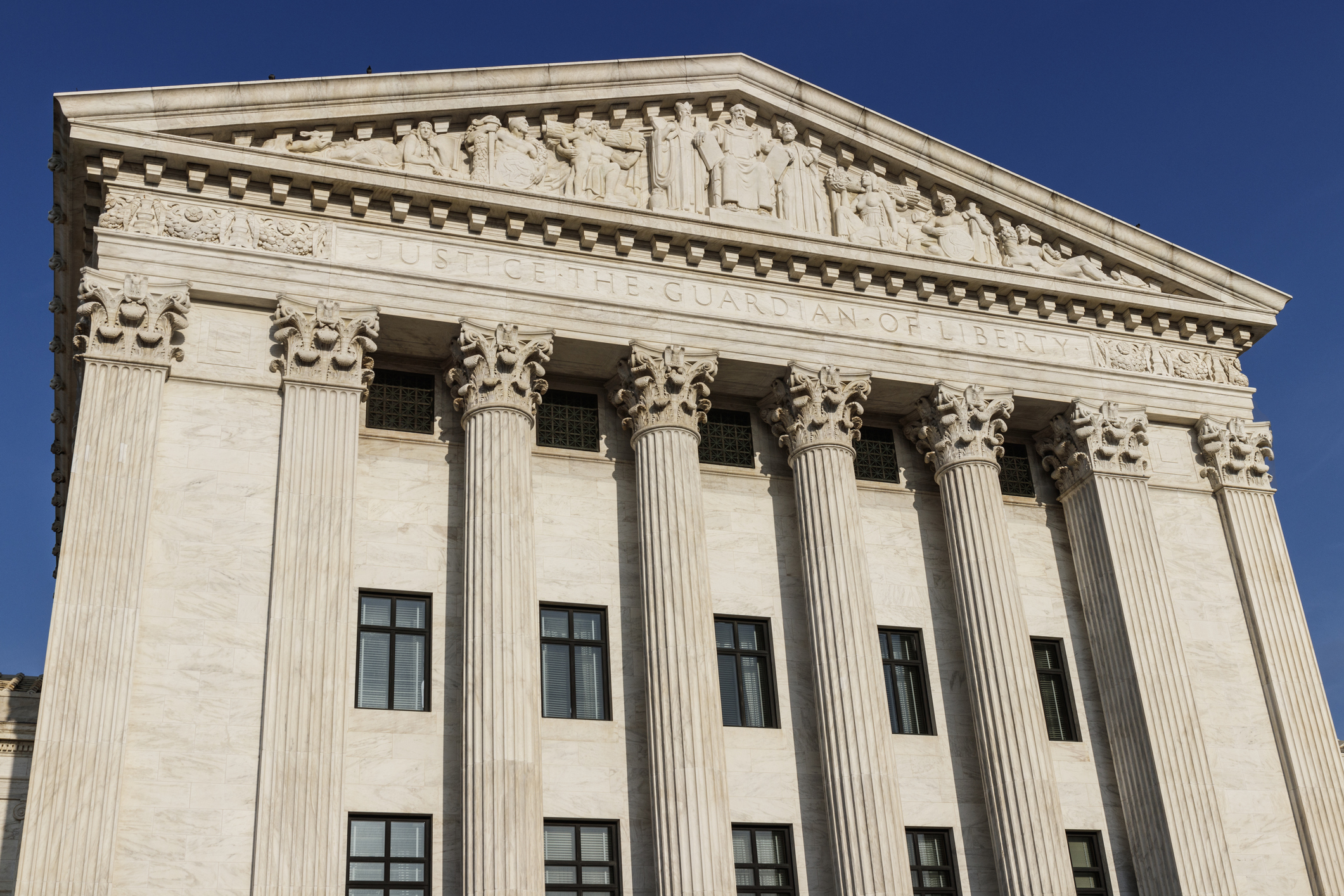From the mid-1960s through the 1980s, the United States Congress enacted several laws that protect designated classes against discrimination. The groundbreaking civil rights legislation covers race, gender, religious, and age discrimination protections. Every President since Lyndon Johnson signed the landmark Civil Rights Act has signed at least one anti-discrimination bill into law. However, it was not until 1990 that American with disabilities received the same discrimination protections that other American demographics enjoyed.
George H. W. Bush signed the Americans with Disabilities Act into law in 1990.
Overview of the Americans with Disabilities Act
The Americans with Disabilities Act (ADA) represents a civil rights law that prevents discrimination against individuals who suffer from one or more disabilities. Protections granted under the ADA encompass employment, education, transportation, and public access structures, such as arenas and stadiums. Several precedent setting court cases have narrowed the definition of “disabled” to include individuals who possess physical and/or mental impairments that significantly limit one or more of life’s major activities.
Authors of the ADA have stated the primary objective of the law is to ensure individuals with disabilities enjoy the same rights and opportunities given to everyone else. For about a decade after passage of the civil rights bill, most of the litigation initiated by attorneys involved employment discrimination. Although employment is one of five titles in the ADA, it is far from the only area covered under the historically significant civil rights law. Consumers who have at least one mental and/or physical disability receive protections against business discrimination practices as well.

Title III-Public Accommodations
Title III prohibits anyone associated with a public access area from discriminating against individuals who have the disabilities covered by the ADA. Examples of public access locations include hotels, retail outlets, restaurants, healthcare facilities golf courses, and even private schools. Title III also mandates the minimum accepted standards for giving access to individuals with disabilities.
Operators of businesses must make changes to the structure of a building or build a new facility that accommodates the needs of disabled customers. Businesses throughout the United States have constructed ramps, handrails, elevators, and other types of accommodations to give individual s with disabilities the same ease of access that everyone else enjoys. Although the legal term “reasonable modifications” has been at the epicenter of ADA litigation, recent court decisions have expanded the protected class to include individuals who suffer from speech, vision, and hearing impediments. Businesses must include the new classes when making “reasonable modifications” to facilities
The United States Department of Justice is responsible for regulating and enforcing the statutes written into the ADA.
ADA Amended in 2008
The combination of ambiguous legal language and rapidly changing technology prompted federal lawmakers to amend the original ADA during the 2008 session of the United States Congress. Called the Americans with Disabilities Act Amendments ACT (ADAAA), the new law went into effect on January 1, 2009. Changes made to the definition of “disability” apply to every Title, including the Title 1, which prohibits companies with 15 or more employees from discriminating against individuals with disabilities, from the job interview process to the determination of raises and promotions. The ADAAA also expanded the definition of “disability” to include more psychological disorders.
A few years after the passage of the ADAAA, the Justice Department released a study that stated the clearer definition of “disability” has reduced the number of lawsuits filed on behalf of consumers who suffer from mental, physical, and/or psychological impairments. Moreover, any new construction of a building that houses a business must comply with ADAAA standards before receiving government approval to open the doors for customers.
Our team of licensed consumer protection law attorneys have compiled years of experience litigating cases that fall within the legal guidelines created by Title III of the ADA. If you feel a company or government agency has discriminated against you because of one or more disabilities, contact our law office today to receive a free initial consultation.





